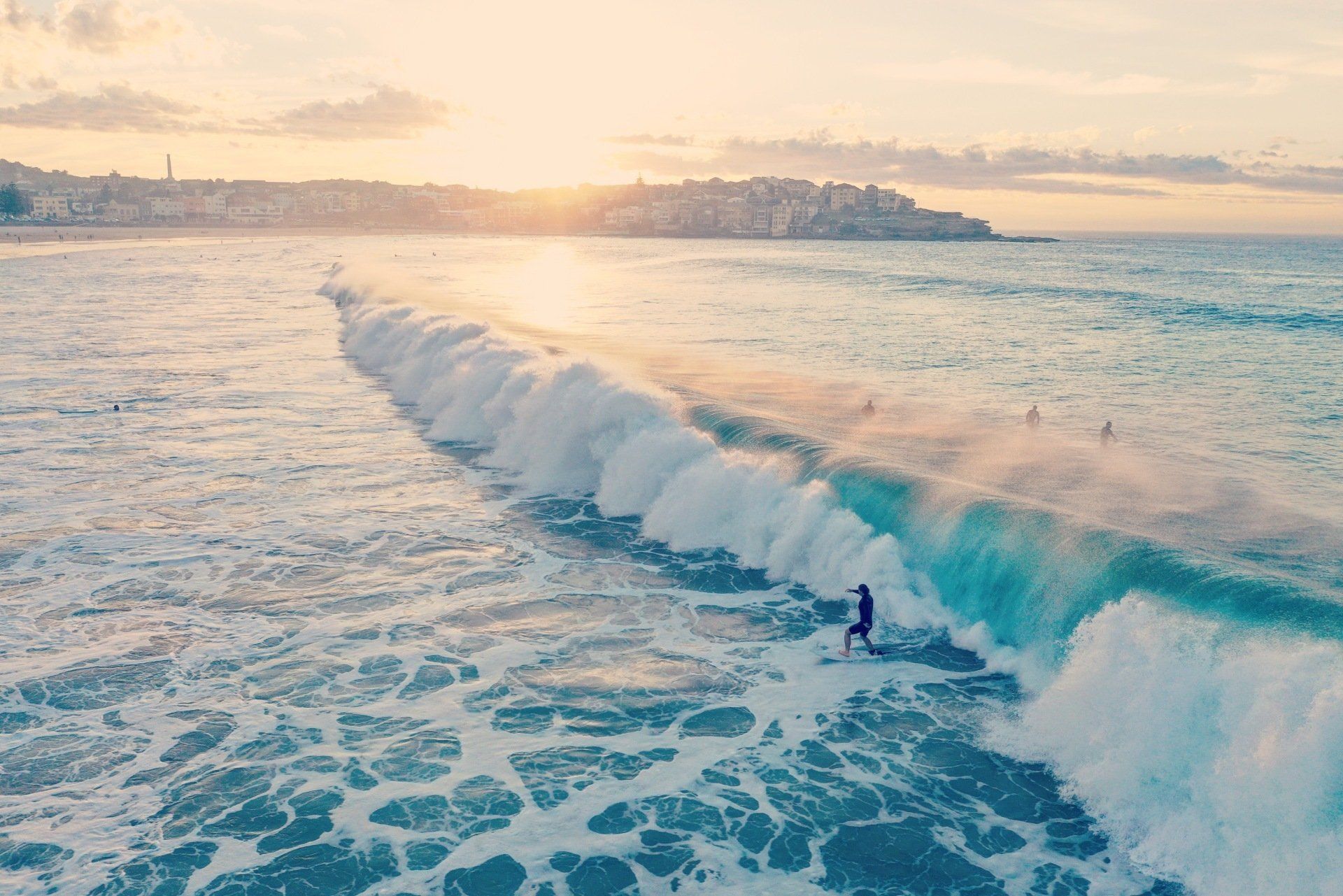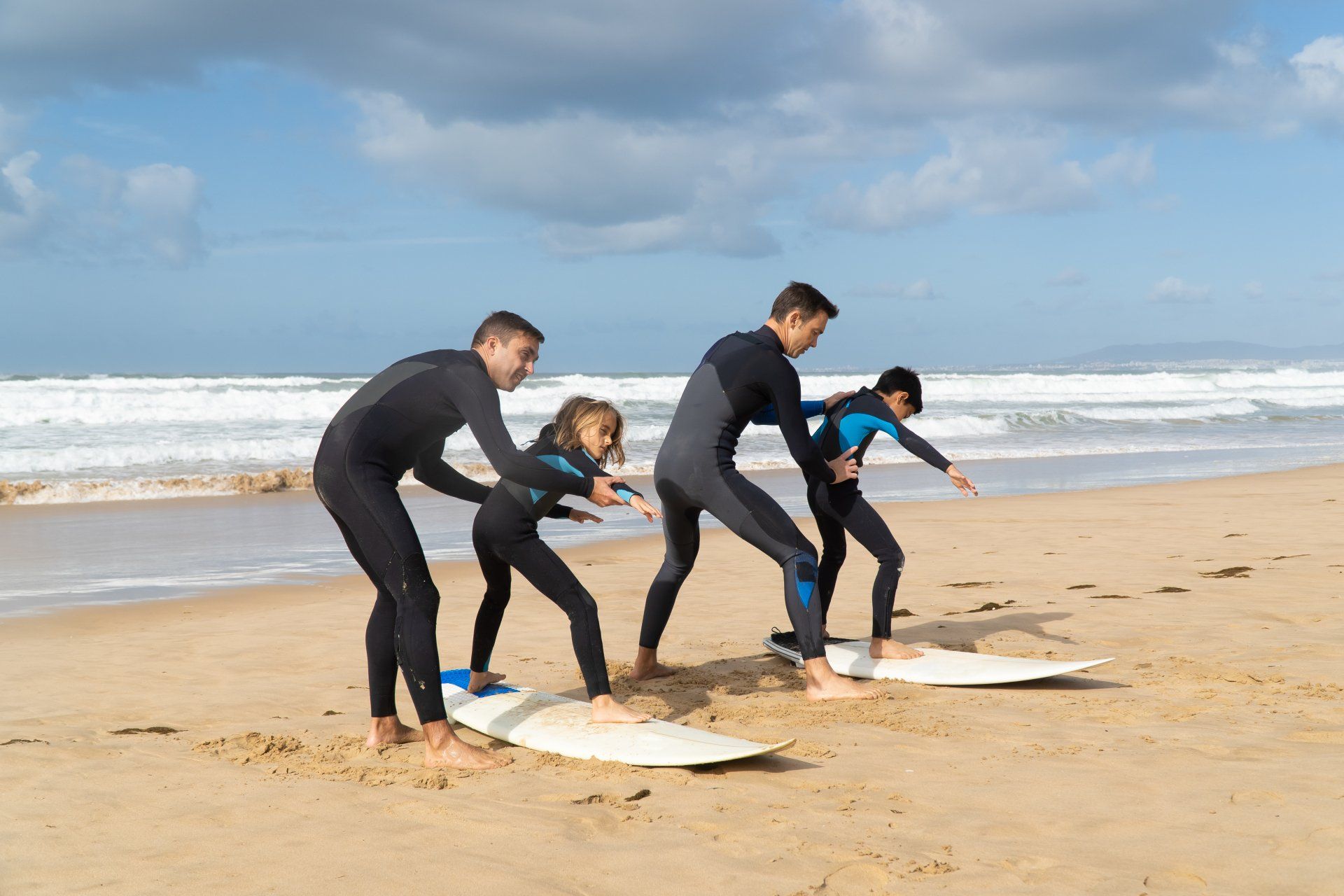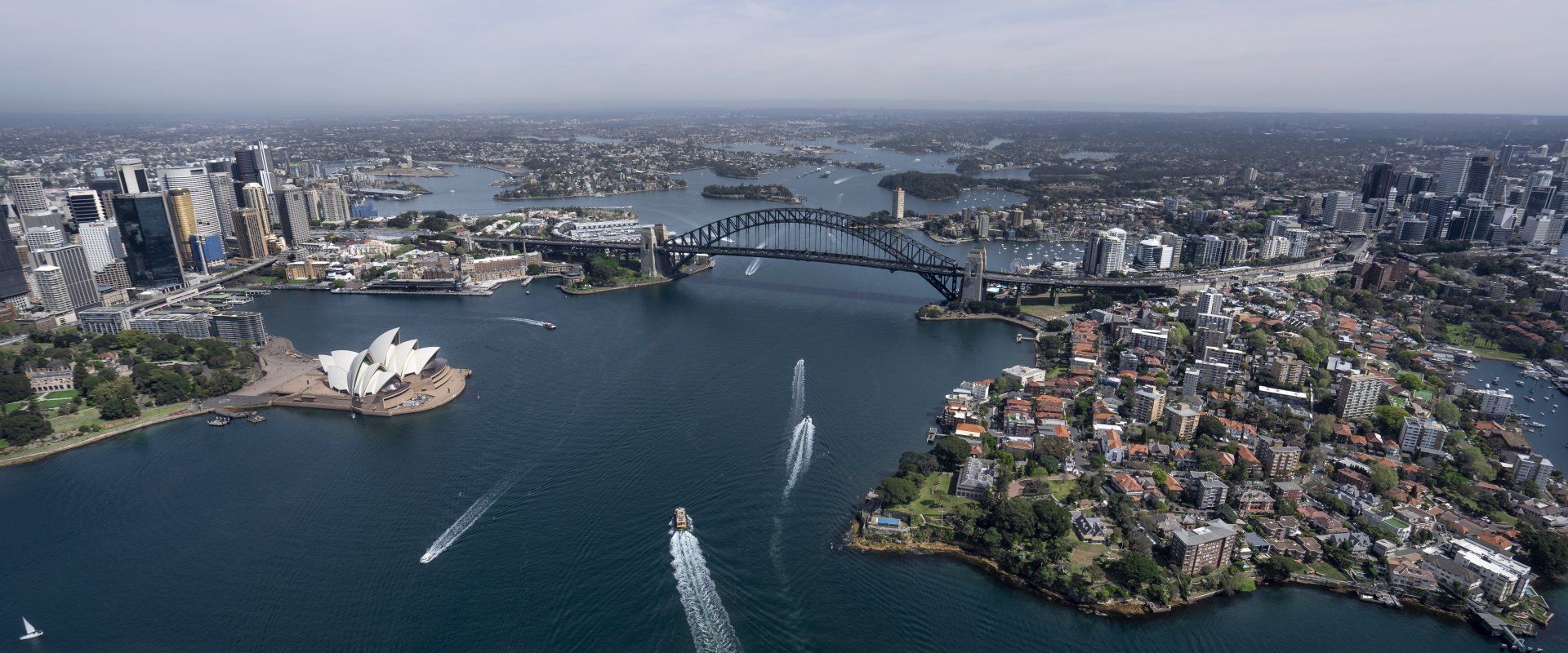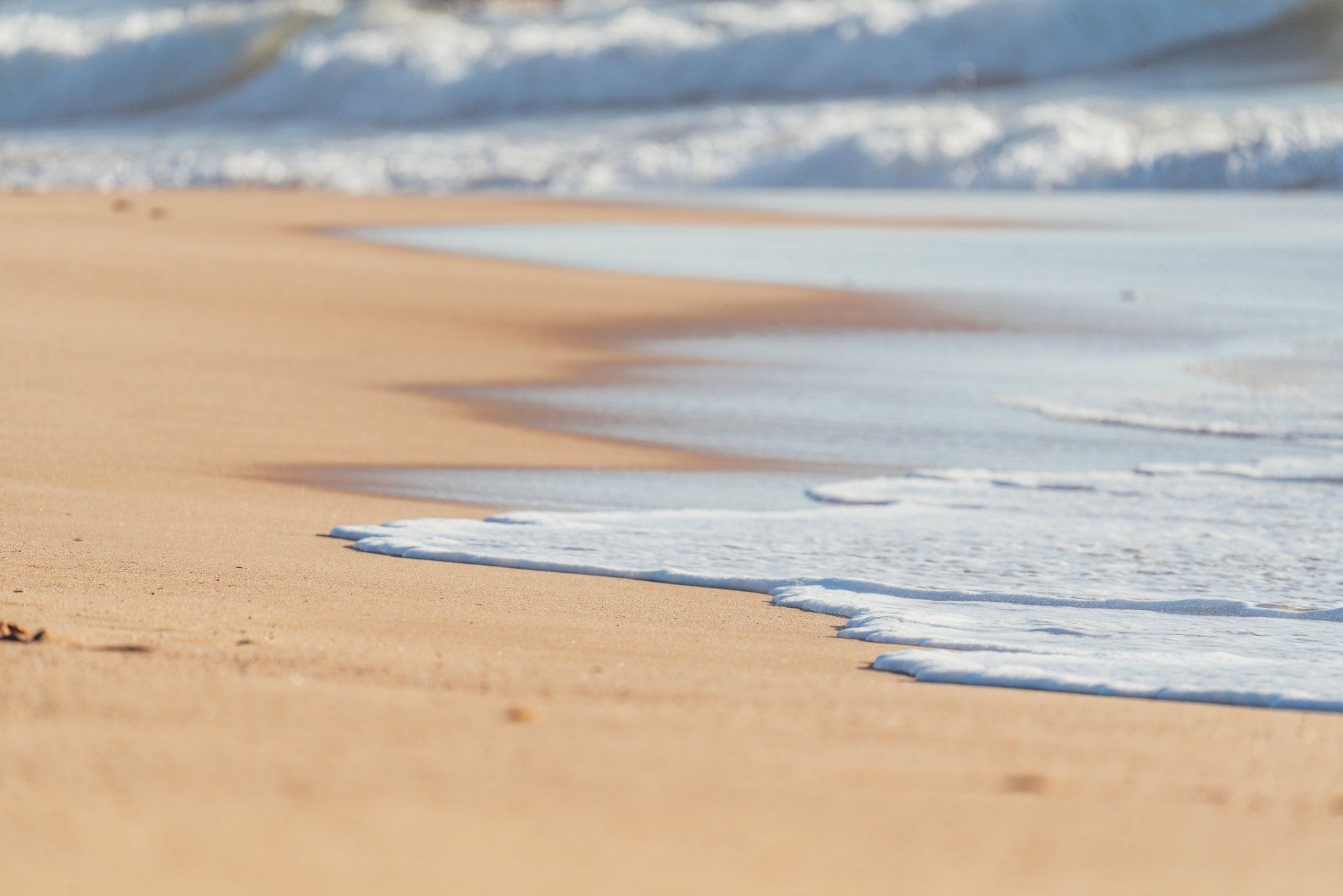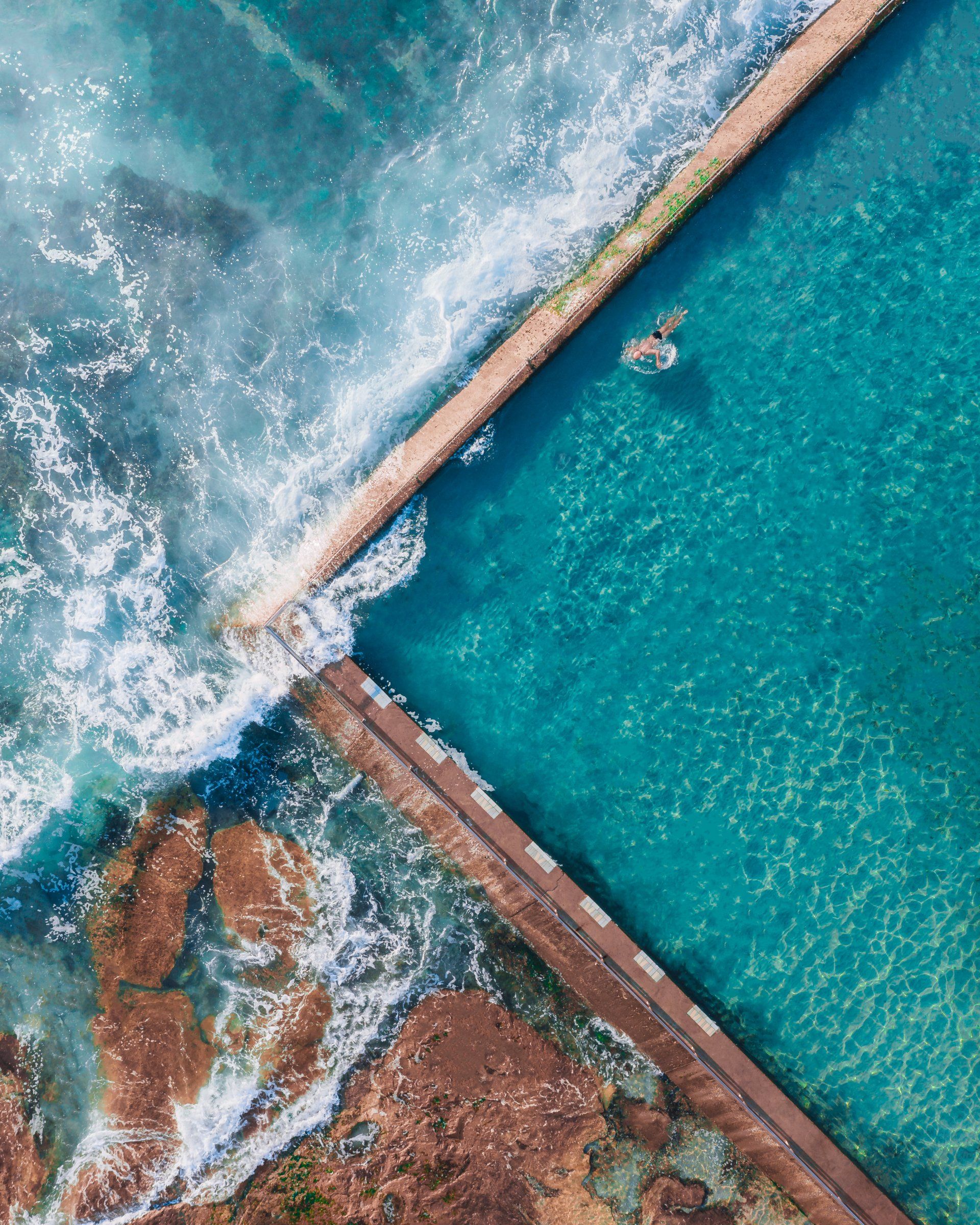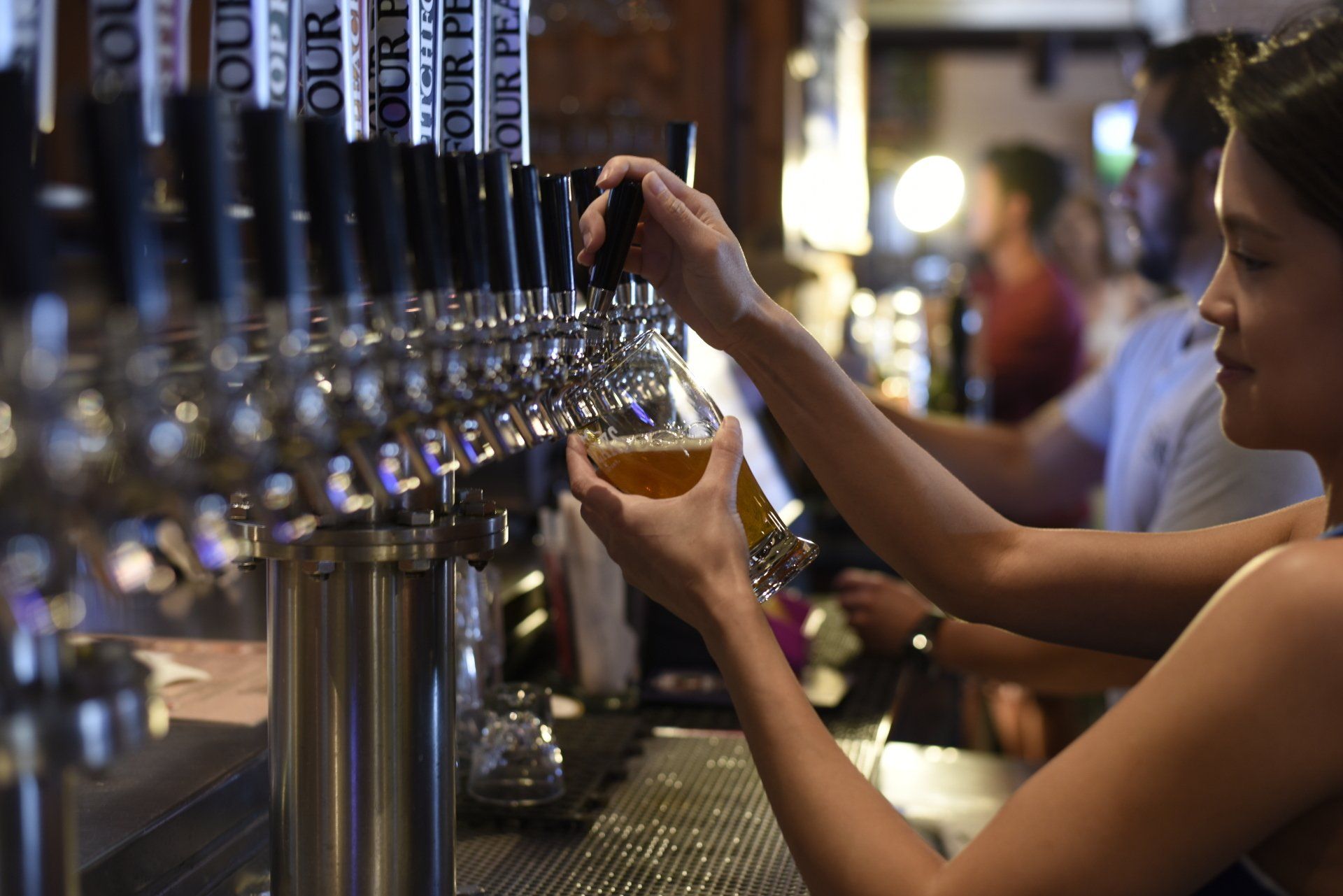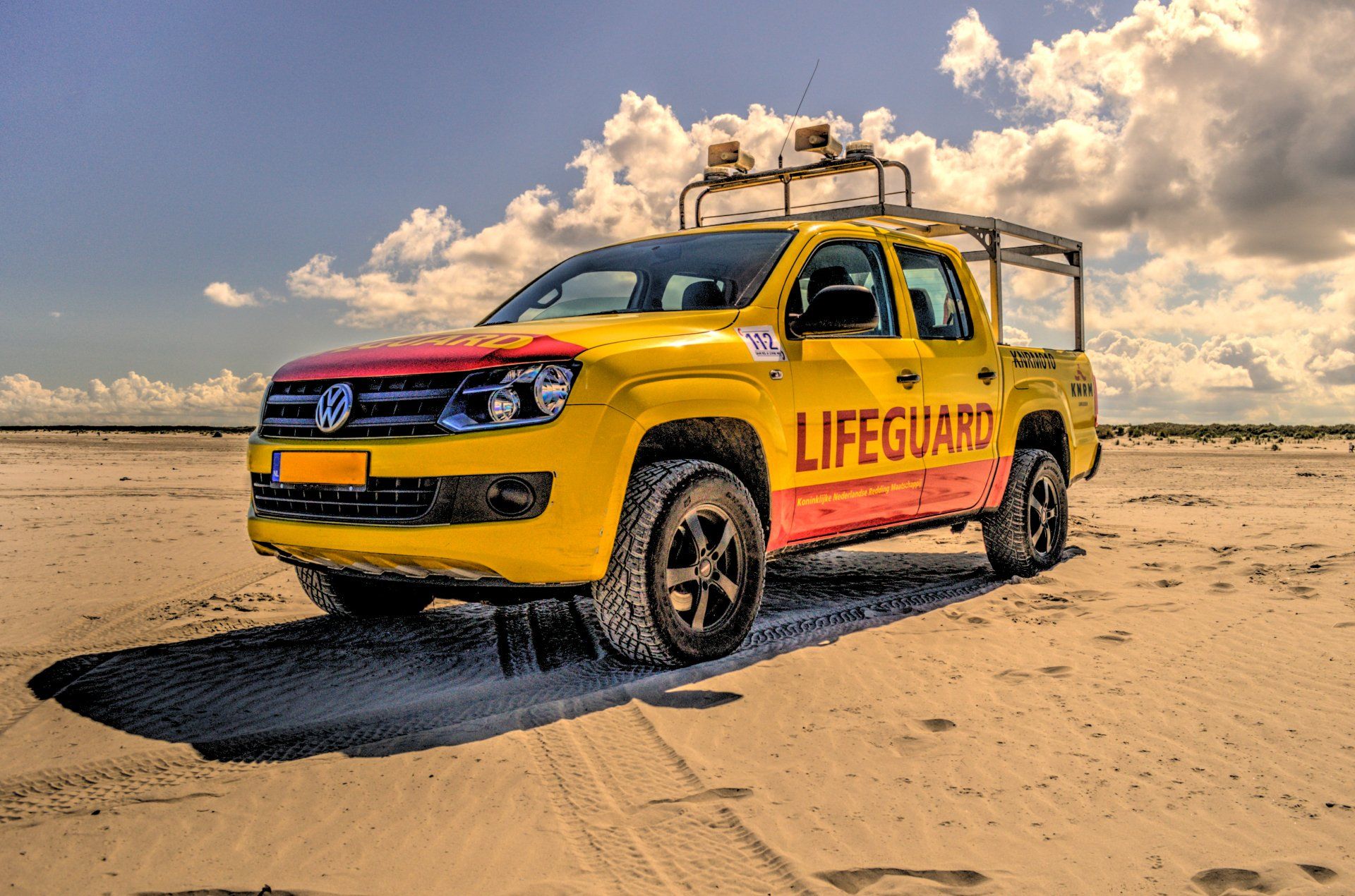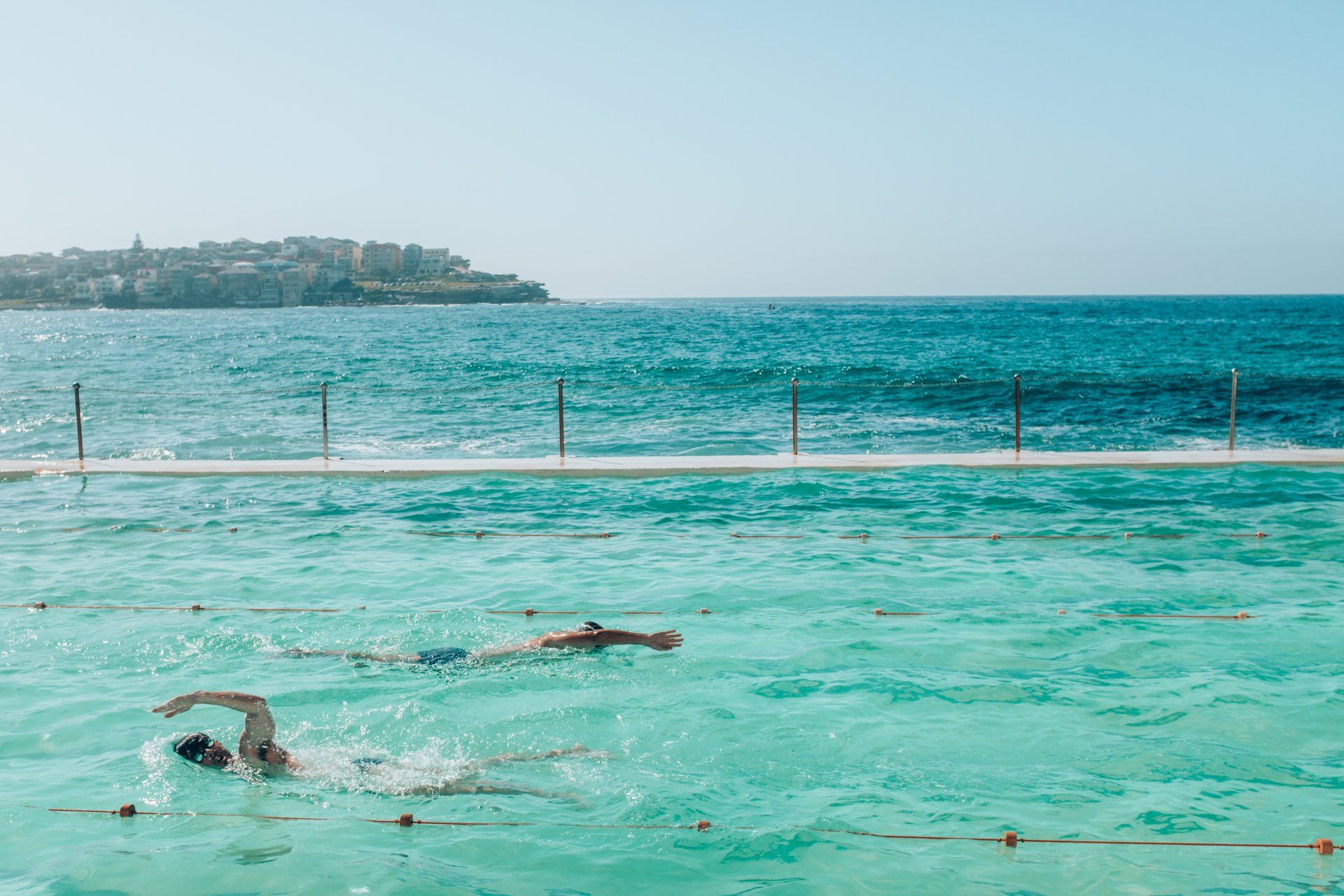Why is this Property Right for You?
In the modern-day, there are a multitude of options available to holidaymakers, but if you're looking for something different from the modern hotel experience then a self-catering holiday could be just what you need. The range of properties on offer is vast and varied, so it's good to be sure that you've considered all your options before you commit to anything. A useful first step in preparing yourself for a successful stay at a particular property is making an inventory or checklist which outlines exactly what amenities and facilities the property has to offer, as well as any potential pitfalls.
What should I take into consideration?
One major point of consideration when you're choosing a property to stay in is the location. Particularly if you're visiting in peak season, you'll need to figure out where the nearest shops are and how far they are from your accommodation. Of course, this will vary depending on what facilities are available at the property itself, but it's good to know beforehand so that you don't end up walking half an hour or more each way for groceries when you could have done the same thing much closer by.
A particularly important piece of information to remember when signing up for a self-catering holiday is whether or not pets are allowed. Many properties welcome domestic animals with open arms, but certain breeds may be restricted due to size or breed-specific legislation, so it's important to find this out beforehand.
What are your top-5 must-haves for a property?
Figuring out what is really important to you can be a matter of trial and error, but it's safe to say that the following amenities and facilities will make up about 95% of most holiday checklists:
1. Dedicated parking-space
If you're travelling with your own vehicle and you intend to use it during the trip, it's probably a good idea to make sure that there's either on-site parking or at least unrestricted access to nearby roads. Without this, you may find yourself having to park further away from your accommodation which may not be ideal for whatever reason.
2. Internet access
Most people are now entirely dependent on the internet for their daily activities, so it's good to know that you'll have access to reliable broadband or wireless at your holiday destination. Some properties may opt to use satellite connections instead, but this is significantly less common than wired internet connections and will increase costs accordingly.
3. Swimming pool
Many self-catering properties offer extensive gardens which include swimming pools, hot tubs or even both! This can be a real treat if you're travelling with kids who want nothing more than to swim every minute of the day (and night). However, many properties seek permission from local councils before installing outdoor amenities like these due to safety concerns, so it's important to check beforehand.
4.Great location
The location of a property is arguably the most important thing to consider when booking, as it will influence how you get around and what there is to see. If you have a particular destination in mind or if you intend to visit certain attractions, then it's crucial that your accommodation is near enough to support this.
5. Smart TV with the choice of entertainment package (satellite/cable) and games console
Entertainment is a big part of any holiday and it's important that you don't get stuck watching the same TV channels every day. Generally, most self-catering vacation rentals offer satellite or cable TV at a minimum, but some may also provide access to games consoles like Xbox or PlayStation which can be great fun for groups that want to play together. Families that want to watch Netflix or other streaming services will want to check if this is allowed before booking.
What are the hidden extras?
While most things like extra charges for pets and cleaning services are included in the price quoted by a holiday rental company, there may be other additional costs to watch out for. The main ones you want to look out for are:
1. Extended electricity usage
Although most properties come with generous allowances for extended usage without increased charges, some do not and you will be expected to pay for this as and when it happens. There is usually a minimum charge per day or week that gets applied if you use less than your allowance, so it's best to avoid doing this wherever possible.
2. Booking Charges/Service fees
These can vary wildly depending on what website or agent you use, but they're essentially just meant as an advance payment towards the final price of your holiday.
3. Damage Deposit
Although most providers won't expect you to pay for accidental damage upfront, it's still a good idea to verify what the policy is on this before booking. Please be aware that you are responsible for reimbursing any potential damage within 48 hours of checking-out in accordance with Airbnb's policies.
4. Laundry charges
These may also apply if there is no washing machine or tumble dryer available during your stay. Some holiday rental providers may also charge an extra fee for this service or ask that you do your washing before you leave.
5. Additional charges
This is where some companies get a bit sneaky, so make sure you're familiar with all the additional fees associated with booking any type of complex vacation home.
It's important to remember that if there are any hidden costs involved, then they will usually be listed in the section of the website which outlines terms and conditions. Generally speaking though, it should not cost more than what was originally quoted on your reservation confirmation, so don't agree to anything until you've read it!
What can I do if I have signed up for the wrong property?
Sometimes a situation can arise where you book with your heart and not your head, or perhaps you simply change your mind about what type of accommodation to stay in. This is usually no problem as most providers won't hold you to your reservation if it hasn't been confirmed by both parties, but there's still a chance that they will charge a cancellation fee.
1) What happens outside peak season?
If you find yourself wanting to cancel a reservation at the last minute during low-season months (or even off-peak seasons), then there's a good chance that nothing will be charged whatsoever. However, if the property has already been marked as 'booked' or 'reserved' on their website or calendar, then it may be a completely different story. In this case, you will usually end up paying a fee that is equivalent to the value of one night's stay for each person involved in the booking.
2) What happens during peak season?
The benefits of a last-minute cancellation are not nearly as obvious during high-season months or holiday periods when many properties can be fully booked up several months in advance. This means that if you want to get out of your reservation at the last minute, then there is a good chance it won't be possible without incurring penalties from the provider. In some cases you may incur even more fees depending on how far in advance you cancel. If this does happen to you while trying to depart from a property, then it's usually best to seek clarification from the holiday rental provider and try and negotiate a settlement that you're both happy with.
Is it possible to move my reservation date?
Moving your departure date is not always an option, but there are some providers who will allow this at no extra cost depending on how far in advance they receive your request. If you do want to change the day of your arrival or departure, then it's important to be aware that this can only be done if all guests agree to it. Additionally, most properties require 48 hours notice before they can process any new requests for dates.
